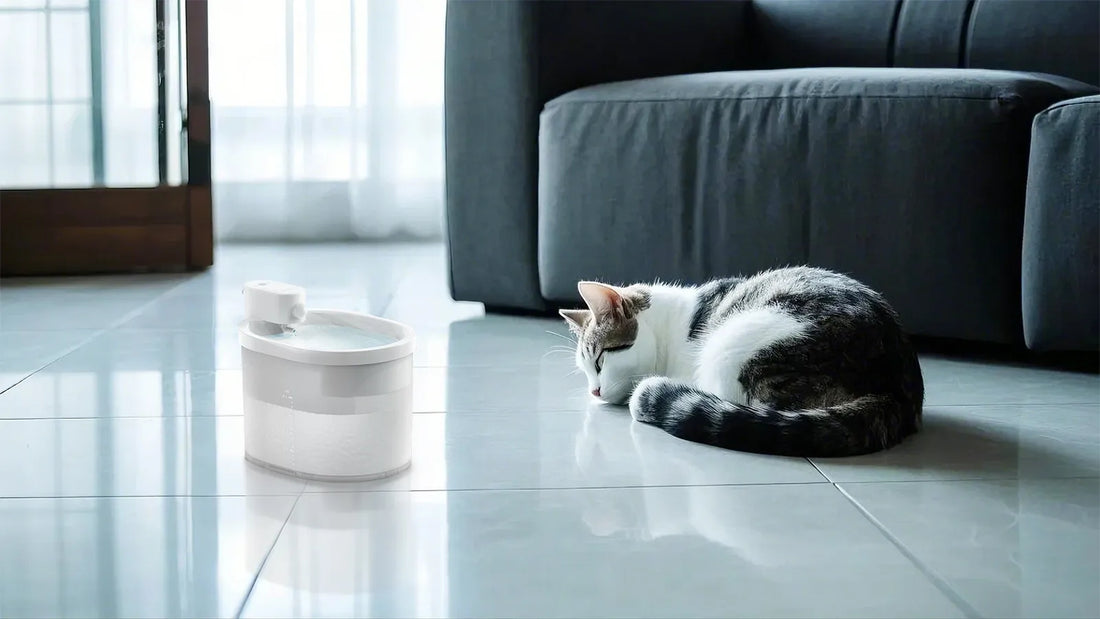If you've ever walked into your home to find your cat playing in the litter box, you're not alone. This peculiar behavior can leave many cat owners scratching their heads. While it might seem odd or even concerning, there are several reasons why your feline friend might be treating their litter box like a playground. Understanding these reasons can help you address the behavior and ensure your cat stays happy and healthy.
Curiosity and Exploration
Kittens, in particular, are naturally curious creatures. Their world is full of new sights, sounds, and textures to explore, and the litter box is no exception. For a young cat, the litter box can be an intriguing environment filled with loose, diggable material. This curiosity often leads to playful behavior, such as pawing at the litter or even rolling around in it. While this might seem messy, it's usually harmless and a normal part of their development.
Boredom and Lack of Stimulation
Cats are intelligent animals that need mental and physical stimulation to stay content. If your cat is left alone for long periods or doesn't have enough toys or activities to keep them entertained, they might turn to the litter box for amusement. Playing in the litter can provide a temporary distraction, but it's a sign that your cat needs more enrichment in their daily routine. Consider introducing new toys, puzzle feeders, or interactive play sessions to keep your cat engaged.
Stress and Anxiety
Just like humans, cats can experience stress and anxiety, and this can manifest in unusual behaviors. Changes in their environment, such as moving to a new home, introducing a new pet, or even rearranging furniture, can make your cat feel uneasy. Playing in the litter box might be their way of coping with these changes. If you suspect stress is the cause, try to identify and address the source of their anxiety. Providing a safe, quiet space and using calming techniques, such as pheromone diffusers, can help.
Medical Issues
While most cases of litter box play are behavioral, it's important to rule out any underlying medical issues. Certain health problems, such as urinary tract infections or gastrointestinal discomfort, can cause your cat to associate the litter box with relief. If your cat's behavior is accompanied by other symptoms, such as changes in appetite, lethargy, or unusual bathroom habits, it's best to consult your veterinarian. Early detection and treatment can prevent more serious complications.
Territorial Behavior
Cats are territorial animals, and the litter box is a key part of their domain. If you have multiple cats, one might play in the litter box to assert dominance or mark their territory. This behavior can also occur if your cat feels threatened by a new pet or even a change in the household dynamic. Ensuring each cat has their own litter box and providing plenty of resources, such as food and water stations, can help reduce territorial disputes.
How to Address the Behavior
If your cat's litter box play is becoming a problem, there are several steps you can take to address it. First, ensure the litter box is clean and well-maintained. Cats are naturally clean animals, and a dirty litter box can discourage proper use. Next, provide plenty of alternative outlets for play and exploration, such as scratching posts, climbing trees, and interactive toys. If stress or anxiety is a factor, try to create a calm and predictable environment for your cat. Finally, consult your veterinarian if you suspect a medical issue or if the behavior persists despite your efforts.
Understanding why your cat is playing in the litter box is the first step toward addressing the behavior. Whether it's curiosity, boredom, stress, or a medical issue, there are solutions to help your cat stay happy and healthy. By providing the right environment and care, you can ensure your feline friend enjoys their litter box for its intended purpose—and nothing more.

![[🎃Halloween Sale]UAHPET Stainless Steel Self-Cleaning Cat Litter Box](http://www.uahpet.com/cdn/shop/files/1-cat-litter-box.jpg?v=1761890851&width=1600)












